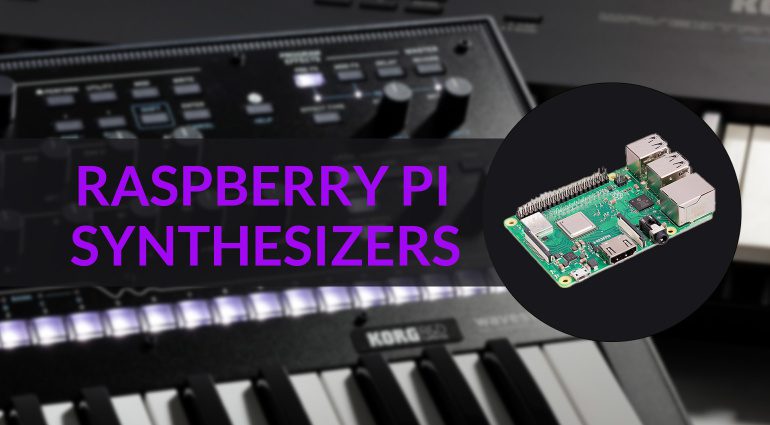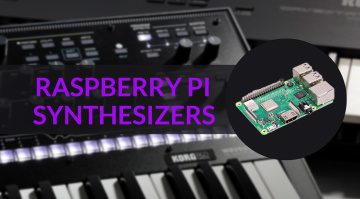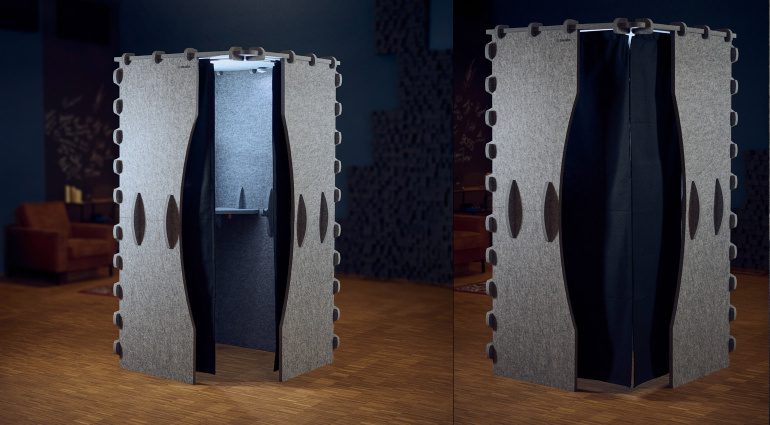The Raspberry Pi microcomputer is finding its way into more and more synthesizers. Do your synths have a slice of it inside? Read on to find out.
Raspberry Pi
Digital synthesizers are essentially computers in specialized housings. Rather than a keyboard with letters and numbers, their keyboards trigger notes. Custom-designed DSP (digital signal processing) systems can be expensive so some manufacturers are turning to ready-made computing systems to run their synths. One that’s been gaining in popularity in recent years is Raspberry Pi. The low-cost mini computer is now in instruments by Korg, Erica Synths and many more.
Is this cheating? Do any of your synths have Pi inside? Let’s find out.
DSP In Synthesizers
Digital synthesizers have existed in some form since the 1970s, with the New England Digital Synclavier being the first commercial release in 1977. As synthesizers became more powerful, adding sampling and physical modelling to the already existing FM synthesis, the DSP required to run them became more complex. Additions like sequencers and effects only compounded the expense.
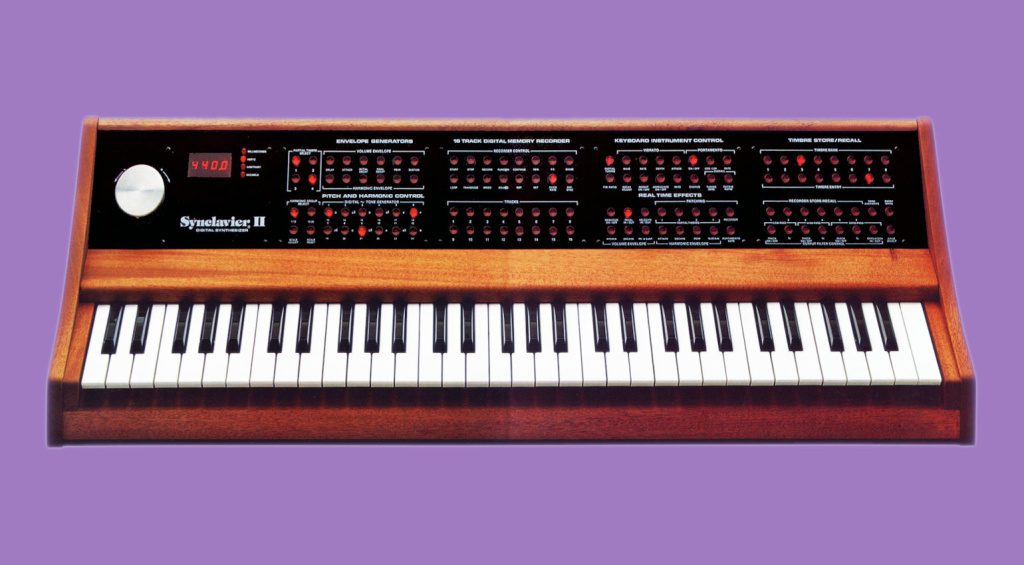
To run their DSP, manufacturers created custom DSP systems running on off-the-shelf chips from companies like Motorola and Texas Instruments. One example was Korg’s Pentium-based OASYS workstation from 2005. While incredibly powerful, it was also incredibly expensive.
How to keep the power while also lowering the cost?
Raspberry Pi: What Is It?
The solution for Korg – as well as other manufacturers, as we’ll see – was the Raspberry Pi. Essentially a complete computer processor in a small and – critically – inexpensive package, this programmable hardware get used for all sorts of applications. From robotics to home computing to (you guessed it) digital synthesizers, ready-made Raspberry Pis offer an elegant and affordable solution for custom computing systems.
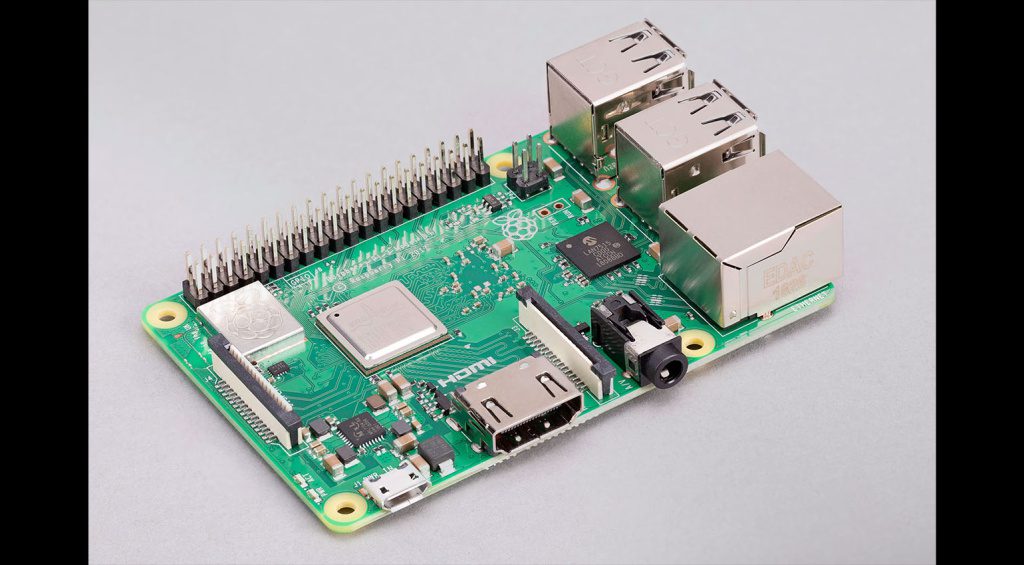
Korg Serves Up Some Pi
The biggest synthesizer manufacturer to make use of the Raspberry Pi is Korg. The Japanese synth company’s Wavestate, Modwave and Opsix digital synths all make use of the Raspberry Pi Compute Module. (They’re in the module versions too.)
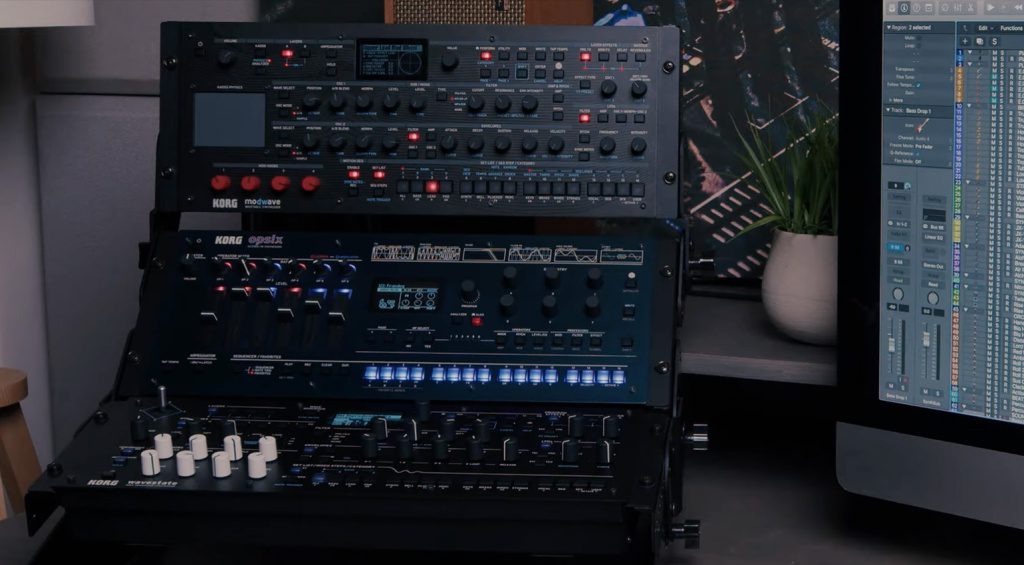
In an article on the Raspberry Pi home page, Korg’s Andy Leary sites price and manufacturing scale as the main reason Korg decided on these components. He also liked that it was ready to go as is, providing CPU, RAM and storage in a single package. “That part of the work is already done,” he said in the article. “It’s like any other component; we don’t have to lay out the board, build it and test it.”
The software for each instrument is, of course, custom. The Raspberry Pi, however, generates the sound. “Not everyone understands that Raspberry Pi is actually making the sound,” said Korg’s Dan Philips in the same piece. “We use the CM3 because it’s very powerful, which makes it possible to create deep, compelling instruments.”
Erica Synths Also Likes Pi
You might not expect to find a Raspberry Pi inside an analogue synthesizer but if that synth happens to have digital functionality… Take the Bullfrog, for example. Erica Synths and Richie Hawtin’s educational desktop analogue has a RP2040 to handle MIDI implementation as well as functionality for the Sampler/Looper voice card. This adds additional functionality to the largely analogue synthesizer.
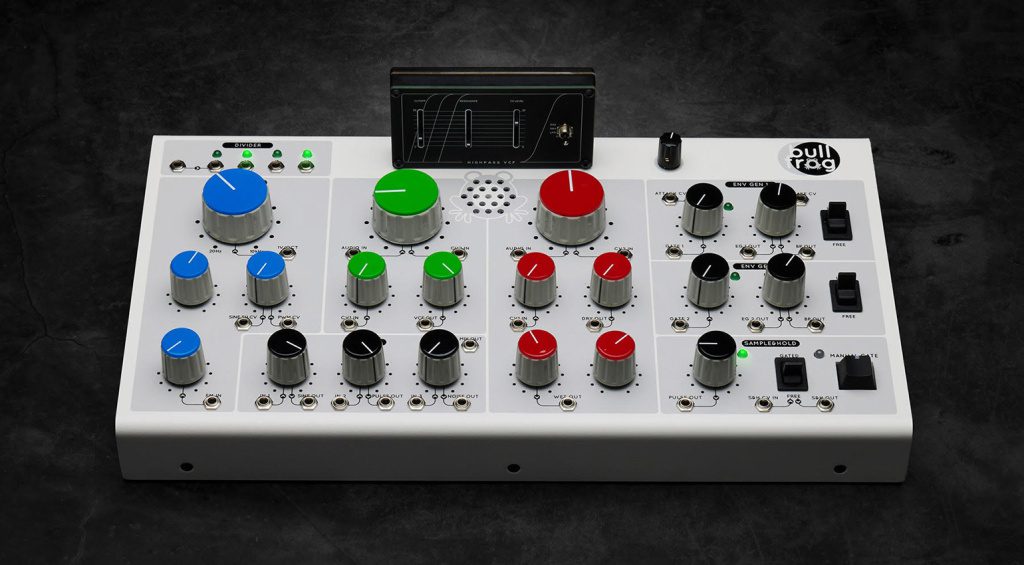
Zynthian: Pi For Everyone
One of the benefits of using Raspberry Pi is the ability to make it open source. The DIY kit Zynthian is an open synth platform with a Raspberry Pi 4 at its centre. The desktop box can function as a keyboard expander, effects unit, MIDI processor, groovebox or even micro-DAW. “Zynthian is a community-driven project and it’s 100% open source,” the company says on its site. “Free software on Open hardware. Completely configurable and fully hackable!”
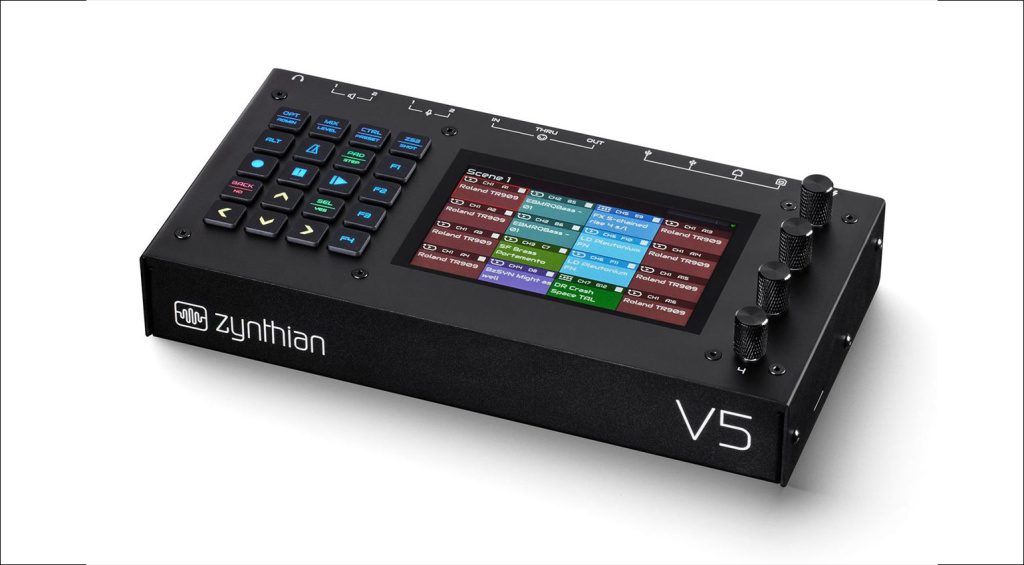
Damn Fine Pi
There are plenty more synths making use of the Raspberry Pi. One that you may not realize is Organelle M by Critter and Guitari. By putting a Pi inside, they’re able to run Pure Data, meaning that you can program your own synths to use inside too.
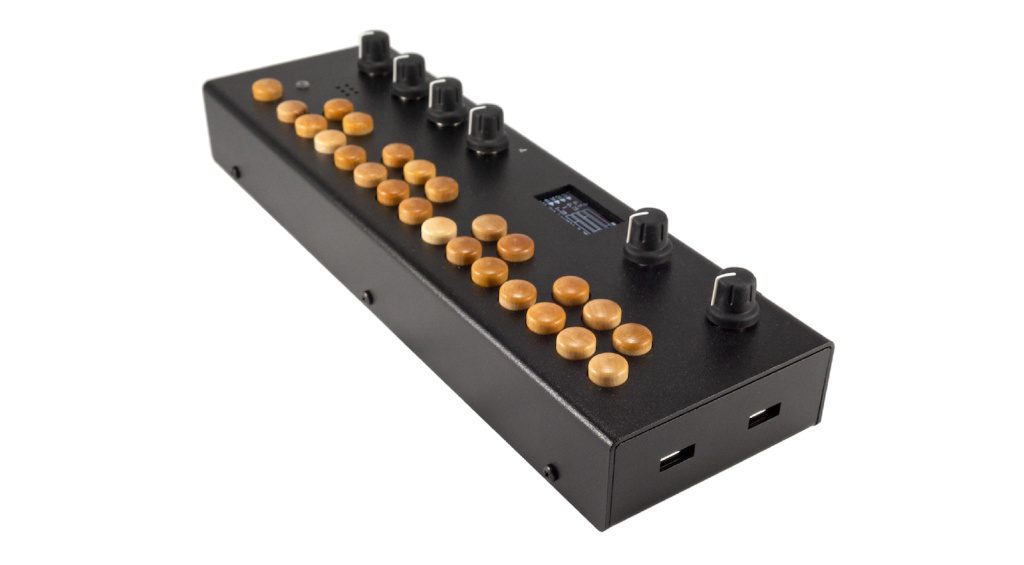
Another fun instrument with a Raspberry Pi 3 for a soul is Tasty Chips’ GR-1 Granular synthesizer.
For something a little more esoteric, try the Yoshimi Pi. “Yoshimi Pi is the hardware incarnation of the software synth Yoshimi, running on a Raspberry Pi 4 in a rugged metal case with a built-in PSU and line level audio output,” according to the product page.
Of course, you don’t have to buy a commercial Raspberry Pi-based synthesizer. There are plenty of DIY options to run them “bare metal,” that is, without a separate operating system. Just hook up a MIDI controller to the board and you’re off and running. Try MiniSynth Pi or code your own!
Raspberry Pi: Is It Cheating?
In the same way that some claim that virtual analogue is just a “VST in a box,” others complain that synths with Raspberry Pi at the core are somehow cheating. You may as well just make your own, right?
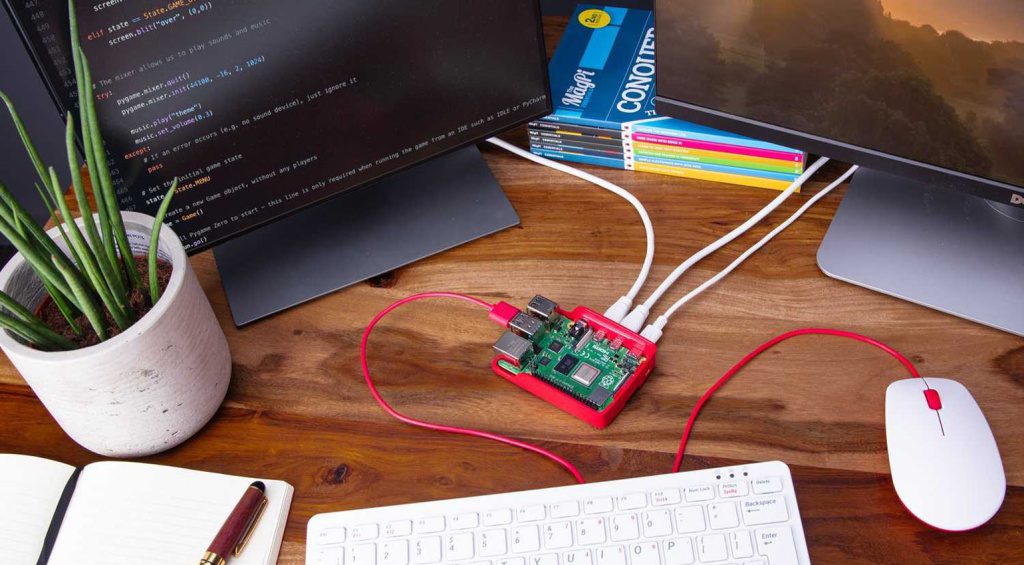
“Just because something is based on a Raspberry Pi it doesn’t mean it’s trivial to make one,” said chalk_walk in a Reddit thread on the Organelle. “If they provide the software then you may be able to put together something equivalent, but if not: you are out of luck if you want an Organelle. Similarly, part of the complexity is in making an enclosure with appropriate controls and displays.”
As we’ve seen, all digital synthesizers have some kind of computer inside. Whether that’s a custom DSP with off-the-shelf chips or a Raspberry Pi, you still have to code the software, design the enclosure and PCBs and everything else that goes along with it. By going with a little computer like this, you can shave some money off the asking price and save on development time too.
More Information
Image Sources:
- New England Digital Synclavier II: Synclavier
- Raspberry Pi: Raspberry Pi
- Korg Modules: Korg
- Bullfrog Synthesizer: Erica Synths
- Zynthian: Zynthian
- Critter & Guitari Organelle S: Critter & Guitari
- Raspberry Pi: Raspberry Pi

